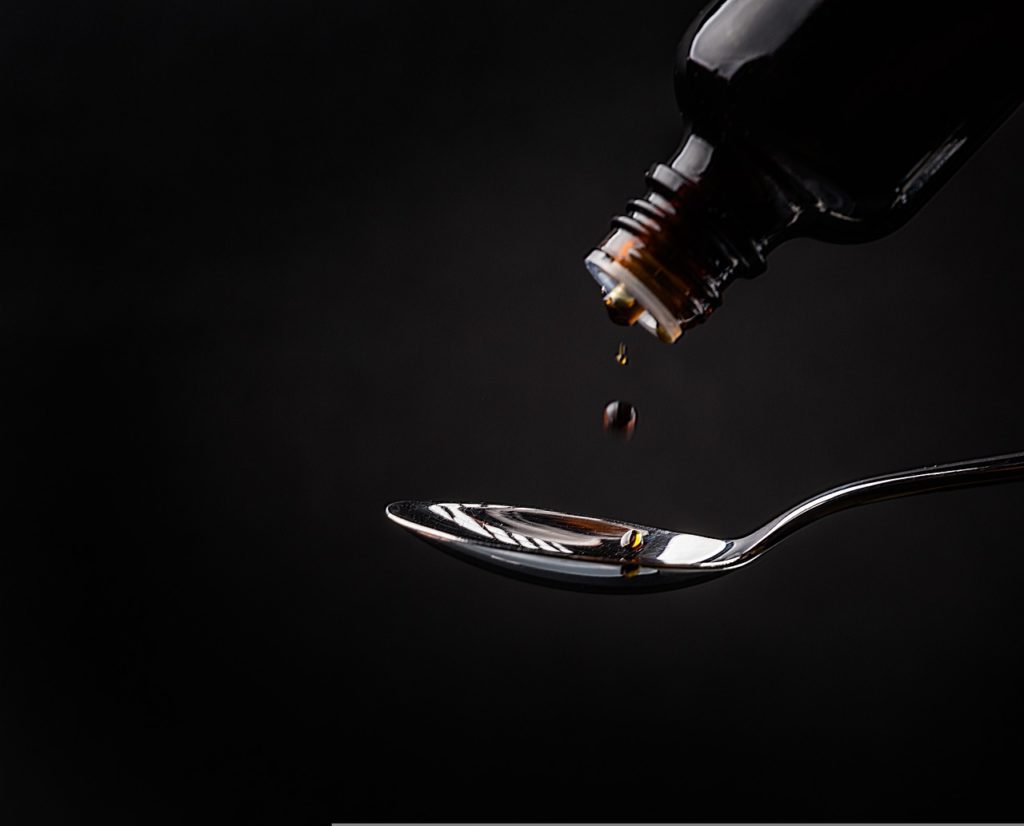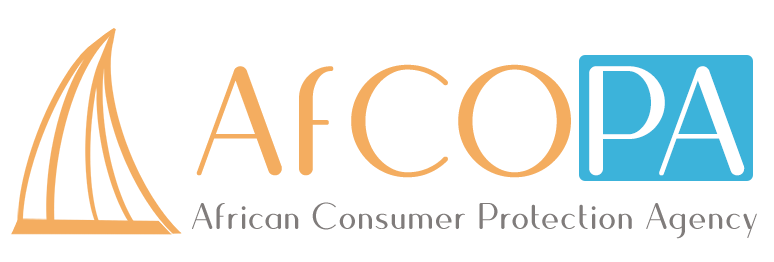
The World Health Organization (WHO) has issued a Medical Product Alert (N°6/2022) regarding four contaminated children´s medicines in Africa.
The four medicines are: Promethazine Oral Solution, Kofexmalin Baby Cough Syrup, Makoff Baby Cough Syrup and Magrip N Cold Syrup. Samples taken from the products were found to contain high levels of the contaminants diethylene glycol and ethylene glycol and the products have been potentially linked to the deaths of 66 Gambian children, according to the WHO. High amounts of these contaminants in the human body lead to potentially deadly liver and kidney damage.
The company which manufactures these products is Maiden Pharmaceuticals Limited (Haryana, India), and this is NOT the first time they have put the lives of consumers in danger.
Even though Maiden Pharmaceuticals failed to provide evidence of the safety of their products to the WHO, they routinely lied on their website about being certified by the WHO. The company website has currently gone offline, presumably after the WHO alert was issued, but an earlier iteration of the website dates May 19, 2022 claimed that its manufacturing plants in Haryana and Himachal Pradesh are WHO-GMP compliant.
Investigations by The Wire in India found that according to a database maintained by the Indian Government, there have been previous warnings about Maiden Pharmaceutical´s illegal practices.
As an example, when health officials in India randomly collected tablets of metformin produced by Maiden Pharmaceuticals, they failed in laboratory tests, meaning that they failed to release enough amounts of the active ingredient into the body. This would of course have devastating consequences for patients suffering from type 2 diabetes.
In other random tests, products from Maiden Pharmaceuticals contained too much Aspirin, risking Aspirin poisoning. Many other products from this unscrupulous company have failed in tests.
African consumer protection agencies need to be strengthened in order to quickly pick up on such companies who put the lives of African consumers at risk.
We can only reiterate what the WHO has already said regarding the four products stated above: Stay away from all batches of these products.
We will even go one-step further and advise African consumers to avoid all products produced by this company, until further evidence is provided that they comply with medical product standards and good manufacturing practices.
